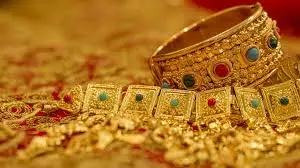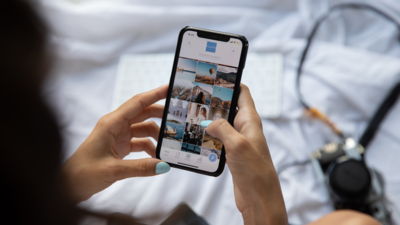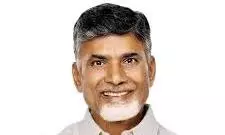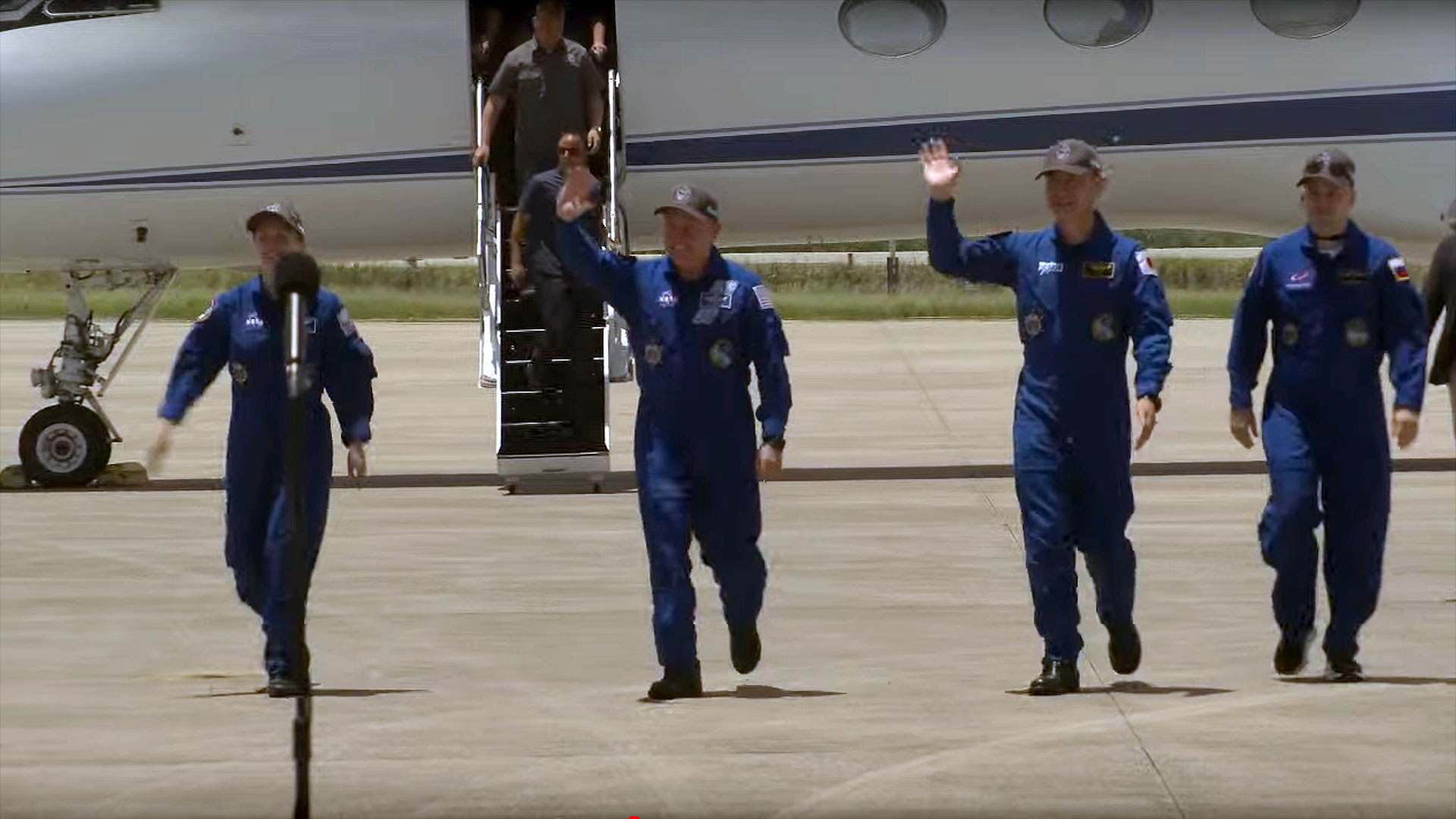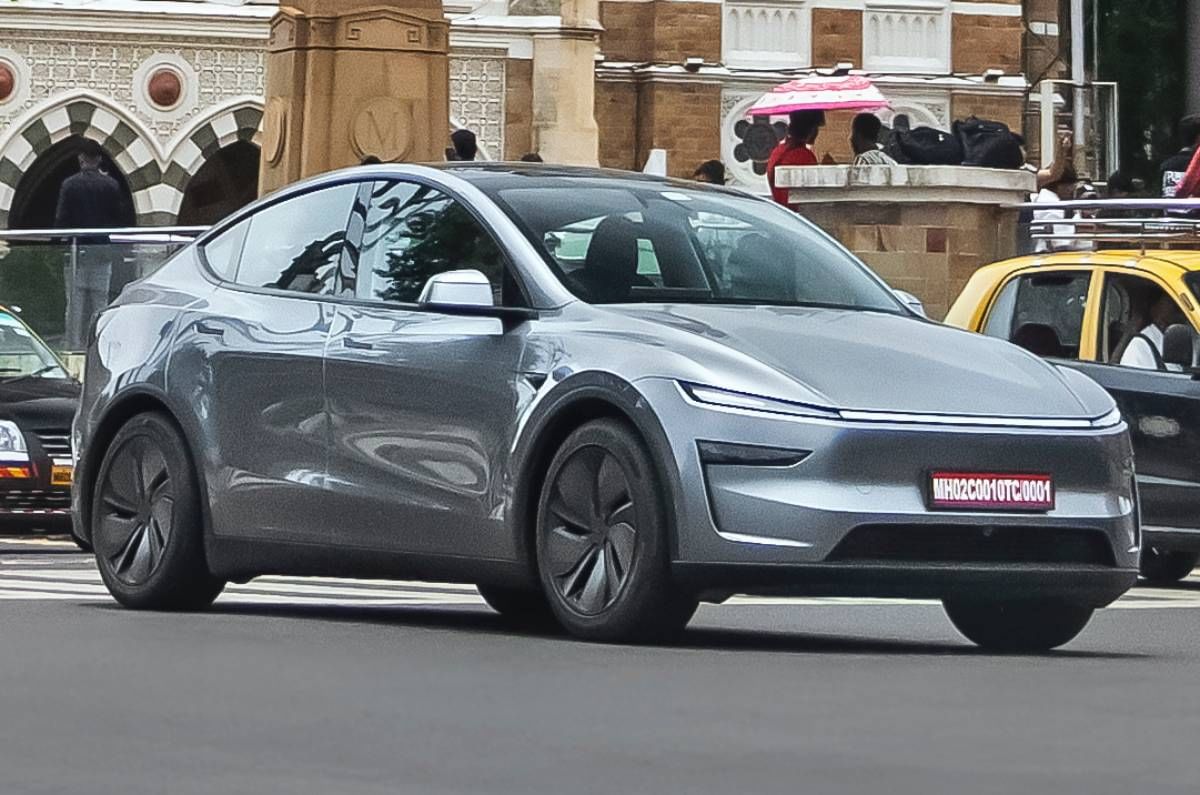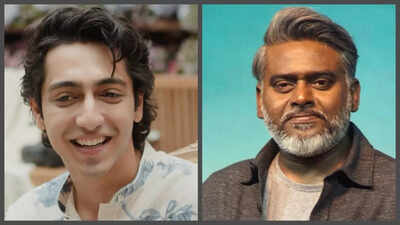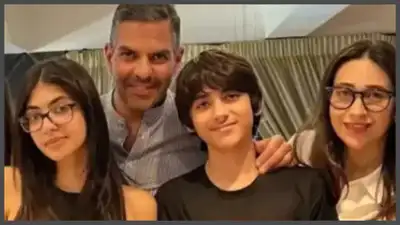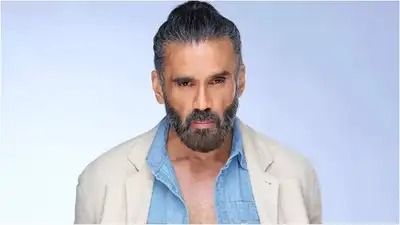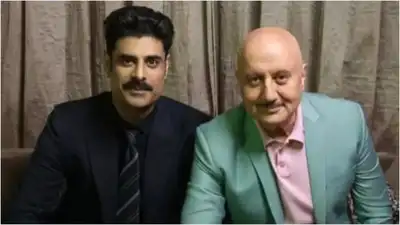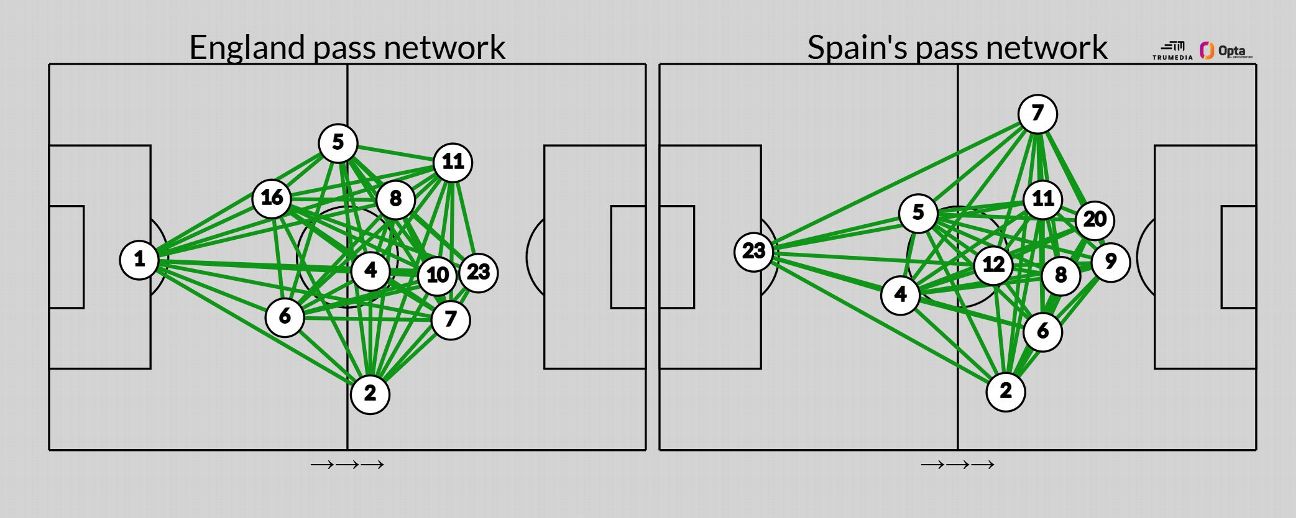BBC Chinese reporter Li Luo Hualien report
The stay and departure of Kuomintang legislator Fu Kunqi has become the focus.
BBC Chinese reporters came to Fuxing National Primary School next to the Hualien County Government. There are four voting stations in the area, and people come to vote one after another.
Ms. Liang, who is studying in Kaohsiung, returned to her hometown Hualien during the summer vacation. She said that this is her second vote after the 2024 election. She does not feel troublesome about voting again a year later. “Because this is the right of the Taiwanese people to referendum. I think everyone should come out to protect and defend their rights, no matter what vote you vote.”
She believes that Hualien is located in a remote hometown and has been “political limitations” in development, and hopes to vigorously improve transportation and revitalize the tourism industry in the future.

Image source,BBC News Chinese / Li Luo

Image source,BBC News Chinese / Li Luo
Mr. Chen, who lives in Hualien, participated in election voting every time after Taiwan was democratized in the 1990s, but this was the first time he was removed from the voting. He said that “voting is a process of democracy” and he is usually very concerned about politics and what is happening in Congress. He described “Hualien is a relatively closed place and democracy is difficult to present in reality”, but this time he was very happy that many people around him came out to vote.
Ms. Wang was born and raised in Hualien and then went to work in Kaohsiung. She said she had no plans to return home to vote, but after reading the news reports and online information, she temporarily decided to come back to vote, “I hope to participate in this national activity.” She admitted that this vote was not very important to her, “but it should be quite important to Taiwan as a whole.”
Before the voting, Ms. Wang also discussed with her family that she believed that the key to voting was the act of being asked to be removed, not the cross-strait issue. She believes that voting again after the election is a kind of political internal friction. “There are too many elections, and you don’t know what they are doing. You don’t know some information, because the information is complicated now, and you are not sure whether it is right. We may be confused by voting so frequently.”

Image source,BBC News Chinese / Li Luo


